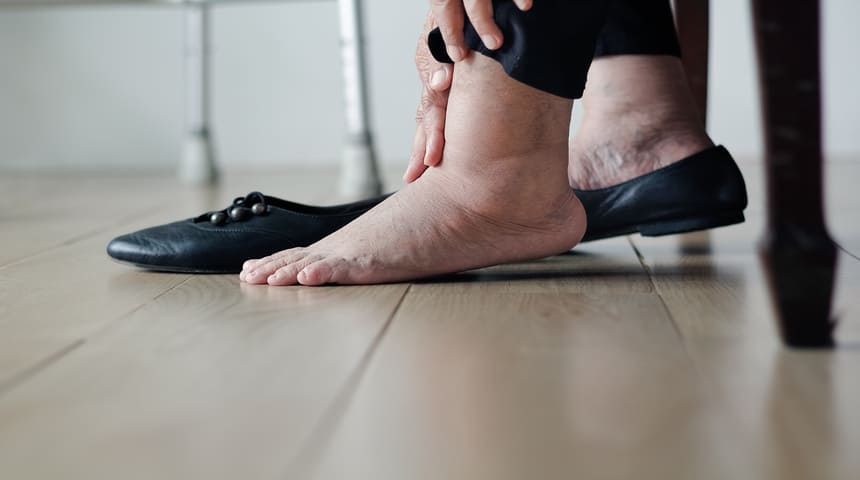It can be frightening when you become aware of your heart flip-flopping in your chest or beating in a strange rhythm.
Fortunately, heart palpitations are usually nothing to worry about. Sudden changes in your heartbeat could be caused by a range of events, including being cut off in traffic, feeling stress over an exam or a meeting with your boss.
Generally speaking, a palpitation is when you feel the sensation of your heart beating when you shouldn’t be feeling it. For example, relaxing on the couch watching TV shouldn’t cause your heart to start skipping beats.
Palpitations, which can be felt in the chest or neck, can be broken into two broad subcategories. With the first type, you simply feel your heart beating – something you generally don’t do, despite the fact that it beats about 100,000 times a day. With the second type, your heart may suddenly feel like it is racing, or skipping beats. Or you may feel a thumping in your heart.
It’s also common to be more aware of palpitations at night when you go to bed. That’s because you are less distracted and may be more sensitive to your heart’s movements.
Heart Palpitation Causes
Usually, heart palpitations are the result of your body being impacted by something you ate, a medication you took or some external factor. One of the most common causes is anxiety. That’s often the first thing your doctor will consider if you complain of palpitations.
Among the other potential causes:
- Hormonal changes related to menopause or menstruation
- Diet pills
- Alcohol
- Stimulants (caffeine, nicotine and cold medications containing pseudoephedrine)
- Diet (spicy or rich foods can be the culprit)
- Heavy exercise
- Abnormal thyroid gland
- Fever
- Lack of sleep (sometimes related to sleep apnea)
- Fear
- Pregnancy (your heart will be working harder to support you and your baby)
Can It Be More Serious?
While most heart palpitations are nothing to be concerned about, there are times when these irregular heartbeats are a sign of something more serious. This is particularly true for people who have heart disease, significant risk factors for heart disease and pre-existing conditions like atrial fibrillation (AFib) or supraventricular tachycardia (SVT).
These more concerning episodes are likely to occur abruptly, with no obvious cause. For example, a light exercise routine may leave your heart pounding out of proportion with your effort. Going for a walk around the neighborhood may leave you feeling like you just ran a marathon.
Harmless palpitations are infrequent and tend to last only for a few seconds. These usually don’t need immediate evaluation, though it’s always a good idea to mention them to your primary care doctor during your annual checkup.
But if your palpitations are more frequent and worsening over time, you should seek out more immediate medical attention – particularly if you have previously been diagnosed with a heart condition such as coronary artery disease or congestive heart failure. It could be a sign of a serious health complication. Among the symptoms to watch for:
- Dizziness or lightheadedness
- Passing out or fainting
- Unexplained shortness of breath
- Pain or discomfort in your chest
Diagnosing Palpitations
Your doctor will first explore the wide range of internal and external factors – including diet and stress levels – that could be causing your palpitations. If warranted, there are several tests that can be used to delve deeper into other possibilities.
These include an electrocardiogram (EKG) to quickly and painlessly measure the electrical activity in your heart. A more in-depth version of the test involves wearing a portable device (a Holter monitor) that tracks your heartbeat for an entire day. If your palpitations occur less frequently, you may be asked to wear another version (for up to a month) that allows you to push a button to record your heart’s activity whenever you sense a palpitation occurring. And an echocardiogram uses soundwaves to create images of what your heart looks like while it is pumping, potentially revealing structural or blood flow problems.
Choose to Stay in Touch
Sign up to receive the latest health news and trends, wellness & prevention tips, and much more from Orlando Health.
Sign Up for HealthBeat





